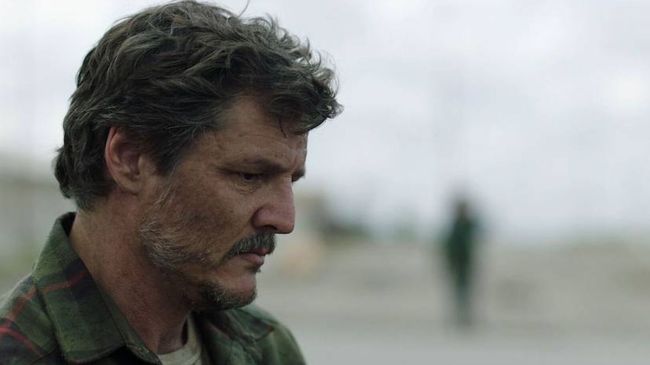
HBO
Over the decades, there have been countless shows and movies about the end of the world, particularly courtesy of some sort of post-apocalyptic infection.
And usually, the word used for that is “zombies,” except on the set of The Last of Us, where the word was literally banned from being used during filming.
In the world of the show — similar to The Walking Dead, in fact — the word “zombie” is never used. Instead, characters call them”the infected.”
“We weren’t allowed to say the z-word on set. It was like a banned word. They were the infected. We weren’t a zombie show. Of course, there’s tension building and jump scares but the show’s really about our characters; the infected are an obstacle they have to deal with,” cinematographer Eben Bolter said in a recent interview with The Credits.
Given how The Last of Us takes such a humanistic approach to the end of the world — they’ve literally found a legitimately scientific way to explain “zombies” — their commitment to realism certainly shouldn’t come as a surprise despite how performative it may seem.
The first five episodes of The Last of Us are currently streaming on HBO Max. Episode six will premiere on Sunday, February 19 at 9 p.m. EST.
Based on the beloved video game of the same name, The Last of Us stars Pedro Pascal as Joel Miller, Bella Ramsey as Ellie Williams, Gabriel Luna as Tommy Miller, Merle Dandridge as Marlene, and various guest stars such as Murray Bartlett, Nick Offerman, and Melanie Lynskey.
Following the massive success of the first batch of episodes, HBO has already renewed the series for a second season, which will follow the events of the hit 2020 game The Last of Us: Part II.
RELATED: ‘The Last of Us’ Is On Track To Become One Of HBO’s Most Successful Shows Of All-Time